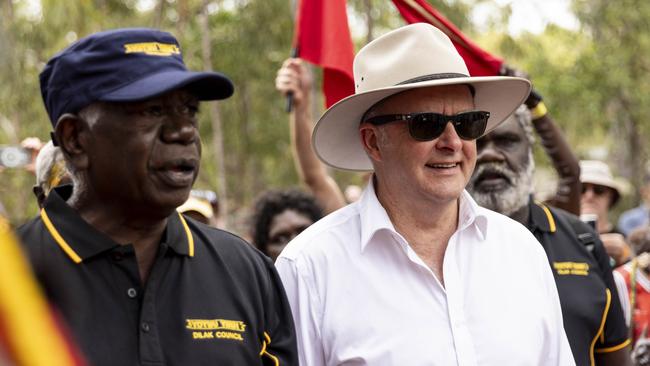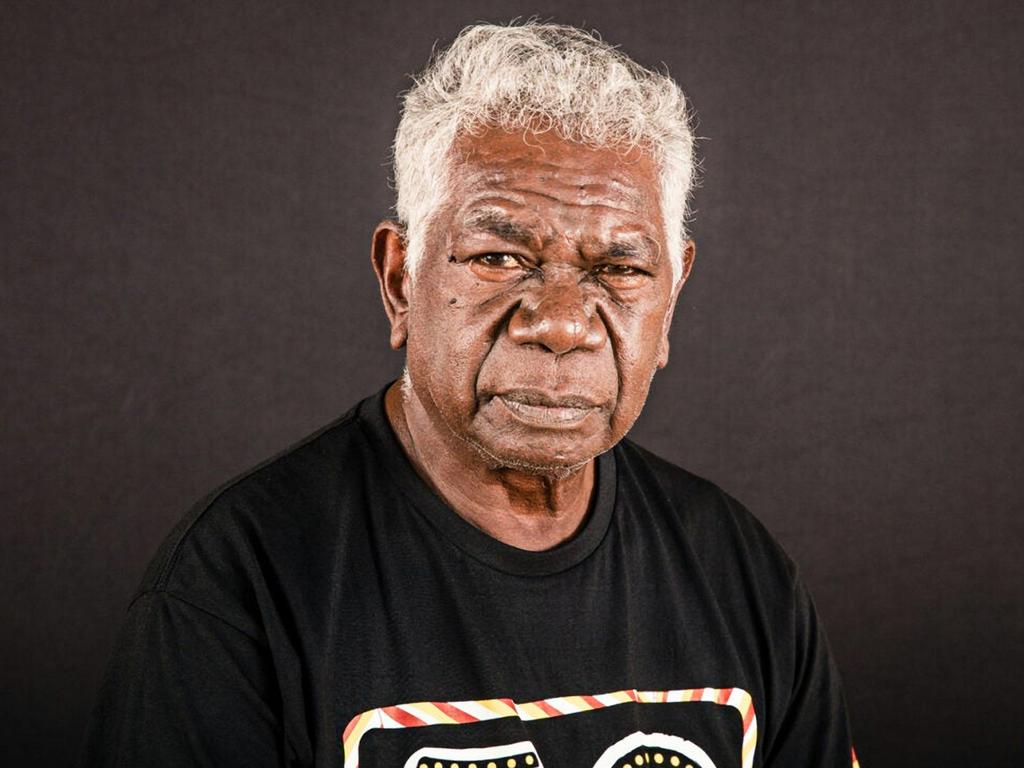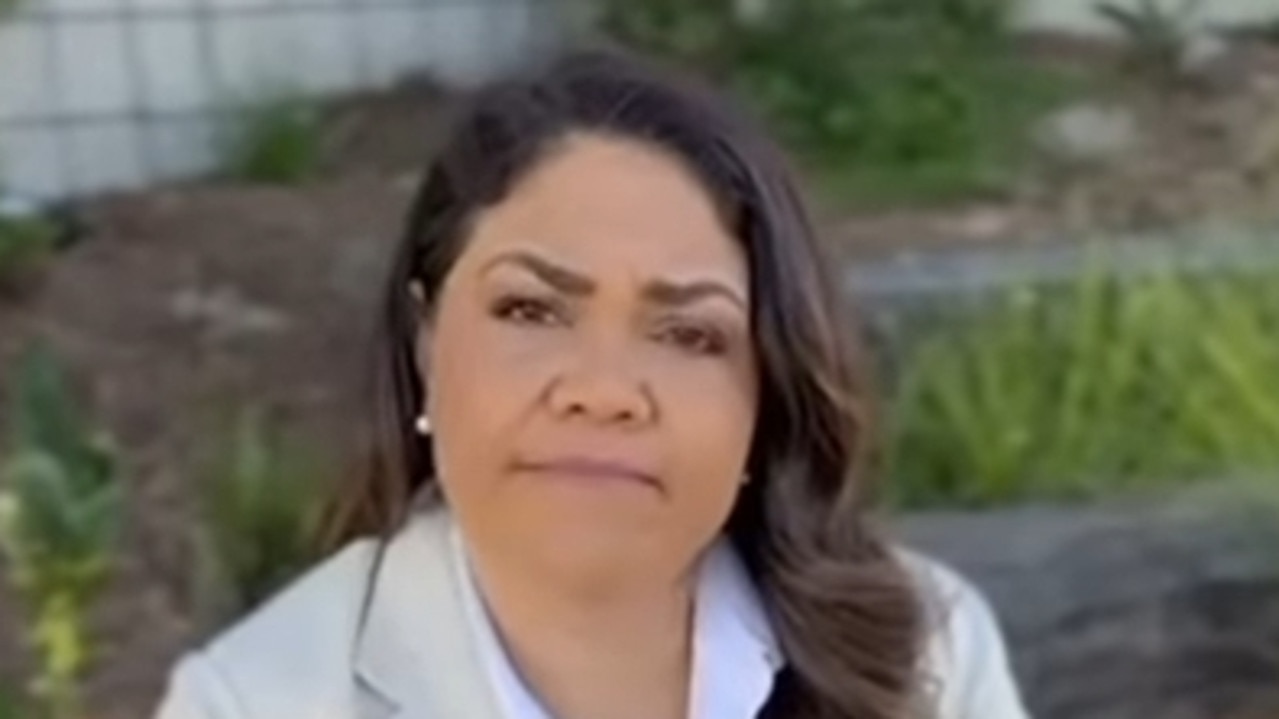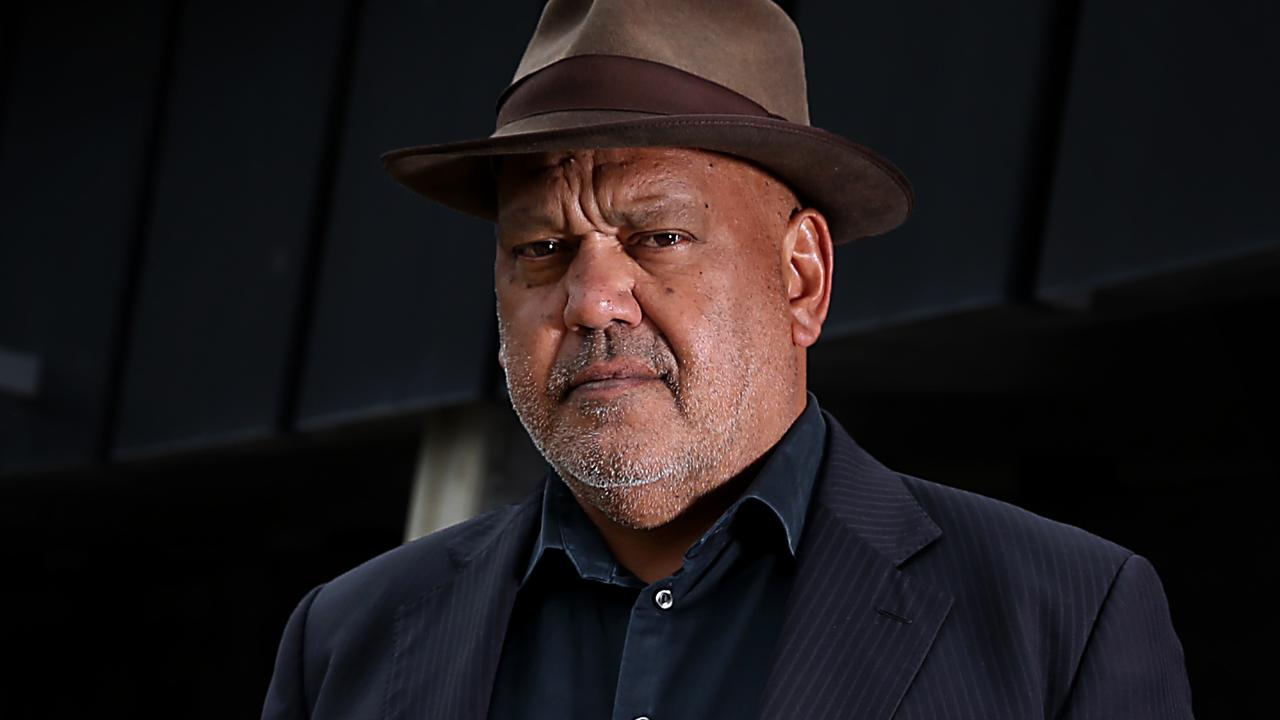Gunyangara town lease a model for economic independence
The first Aboriginal community in the Northern Territory to take control of its town lease is being touted as a model for economic independence and potentially individual home ownership.

The first Aboriginal community in the Northern Territory to take control of its own town lease is being touted as a model for economic independence and potentially individual home ownership.
Gunyangara in the northeast Arnhem Land reached a milestone this month when its 300 residents collectively made the final repayment on a $2m commonwealth loan, three years ahead of schedule. The coastal community – situated on Gumatj land – reached a historic 99-year lease arrangement in 2017, signing a town lease agreement that makes its residents – not the government nor the Northern Land Council – the decision-makers about how land is used in Gunyangara.
This has had a simplifying effect. It has also meant things get done faster. While Aboriginal communities in other jurisdictions have battled bureaucracy for years to secure tender for projects, Gunyungara has established its own school, built its own houses, opened a timber mill that employs residents and used rents from the houses to employ a town maintenance crew of four locals.
From the initial $2m advance payment from the commonwealth, the people built a residential complex of four units for elderly women then used land use payments from the township – a sort of rent to repay that loan in full within seven years.
Gumatj leader Djawa Yunupingu said the historic lease arrangement – the first of its kind here when it was signed in 2017 – provided security of tenure over local land so the community and its residents could “live in the modern world”.
“It allows us to focus on local priorities and get straight to the point with land-use issues,” Mr Yunupingu said. “It puts decision-making in our hands, and we can act with purpose because we want to see our town and our people prosper on their own land.
“Every block of land in Gunyangara is now leased, and we’ve created an environment that supports increased economic and community development.”

While this was the first NT township lease on Aboriginal land to be controlled by traditional owners, two others have followed – the Mirarr people of Jabaru now control their own lease as do the people of Groote Eylandt.
Gumatj leaders say they want to help their people to continue to build their economic independence, creating the environment for individual home ownership.
The Northern Land Council at first opposed Gunyangara’s proposal but ultimately supported it.
Indigenous Australians Minister Malarndirri McCarthy said the Albanese government was committed to working in genuine partnership with NT land councils, traditional owners, local communities and the executive director of township leasing so that traditional owners could make their own decisions about meeting social, cultural and economic needs.
“The Township Leasing Model is a practical way of empowering traditional owners to take control of local decision-making about the use of their land and generating business development opportunities through secure tenure that doesn’t compromise Aboriginal ownership of the land,” Senator McCarthy said.
“This kind of outcome at Gunyangara only happens with the building of relationships between land councils and traditional owners, and I congratulate everyone involved.”
Opposition Indigenous affairs spokeswoman Jacinta Nampijinpa Price said she believed Gunyangara was a blueprint. “I have long advocated for systems of dealing with land that reduce the need for Indigenous Australians to depend on the government,” the NT senator said.
“Leases like this play a vital role in providing the opportunity for Indigenous Australians to be homeowners on their land.
“Keeping Indigenous Australians locked out of home ownership is akin to keeping them in socialist enclaves; it is no way to empower a person to stand on their own two feet. There is significant benefit in leases being controlled by traditional owners through smaller corporations as opposed to vesting power in a few large land councils.
“There are many other changes needed with respect to native title and land rights legislation in Australia, however these leases are a helpful tool towards economic independence.
“Indigenous Australians in regional and remote communities are often our most marginalised, therefore implementing these kinds of leases across the country would go a long way to empowering our most vulnerable.”
The people of Gunyangara run the township through the small Aboriginal corporation they control, Ngarrariyal.
Land use payments go to Ngarrariyal for community benefit, which has so far included grants to the community’s junior school Dhupuma Barker. The school, formed in a partnership with the prestigious Barker College in Sydney, has had strong early academic results.
The community’s next project is a building at the local sports oval for recreation activities, indoor sport and meetings. It will also be a cyclone shelter if needed.
The agreement that gave Gunyangara people control over their township was 10 years in the making. There were early talks between Mal Brough, Indigenous affairs minister in the Howard government, and famed Gumatj clan leader known in death by his last name Yunupingu.
The proposal languished until 2014, when then prime minister Tony Abbott visited Gunyangara and talked with Yunupingu. The Coalition then changed the NT land rights act to allow traditional owners to control leases over their own townships.







To join the conversation, please log in. Don't have an account? Register
Join the conversation, you are commenting as Logout